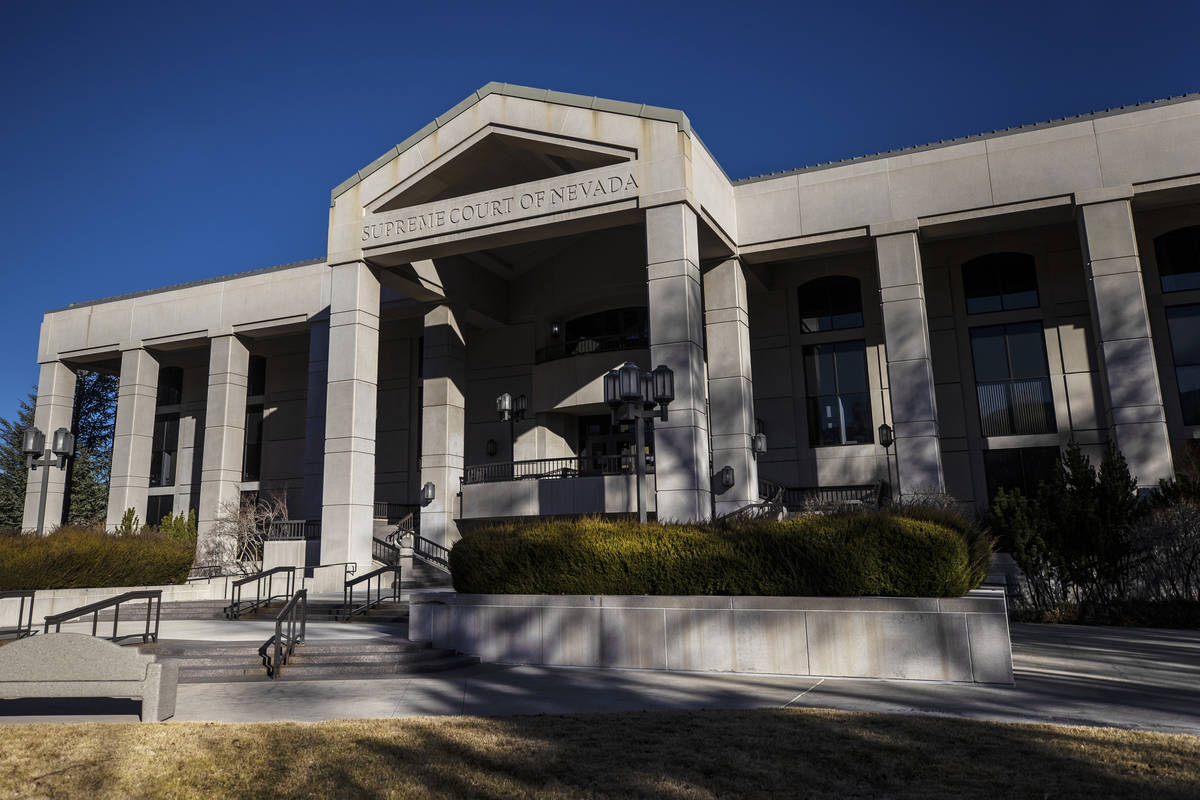Nevada repays $30M to those who paid unconstitutional tax

CARSON CITY — The state of Nevada has issued an initial round of refunds totaling $30.6 million to business taxpayers after a Supreme Court ruling in May that found a tax bill passed by the 2019 Legislature was unconstitutional.
The total, which includes court-ordered interest, was disbursed to 22,621 taxpayers who overpaid the state’s modified business tax based on an extension of the tax lawmakers approved in 2019. The refunds cover the period from July 2019, when the extension took effect, through March 31. Another round of refunds is scheduled to be issued in September, the state Department of Taxation said in an advisory notice on Tuesday.
Upholding a lower court ruling, the Supreme Court ruled in May that two tax bills pushed through by majority Democrats failed to clear the Senate by a constitutionally required two-thirds margin. The Senate vote on both was one short of that margin, 13-8, along party lines.
Senate Democrats on the final day of the session put forward Senate Bill 551 and Senate Bill 542, the first extending existing modified business tax rates past a planned July 2019 sunset date, generating some $98 million earmarked for education. The extension sought to keep the tax at 1.475 percent for businesses with more than $50,000 in quarterly taxable wages and 2 percent for financial institutions.
The second bill extended for two years a $1 technology fee motorists pay to the Department of Motor Vehicles, had been expected to generate about $7 million.
Both bills initially came up for a vote with standard tax bill disclaimers indicating that that they required a two-thirds majority. After they were voted down in that form, the bills came back before the Senate 15 minutes later without the disclaimers.
The Senate’s eight Republicans filed a lawsuit after the session, citing state law that requires supermajorities in both legislative houses to approve revenue enhancements, such as tax bills. Democrats argued that the legislation merely extended existing taxes and therefore was not subject to the requirement.
That argument was rejected by a district judge in September, whose ruling was later upheld. The resulting revenue shortfalls were addressed in the 2021 budget process.
To receive the refund, taxpayers’ accounts and mailing addresses must be up-to-date, with no taxes delinquent, the taxation department said.
Contact Capital Bureau reporter Bill Dentzer at bdentzer@reviewjournal.com. Follow @DentzerNews on Twitter.